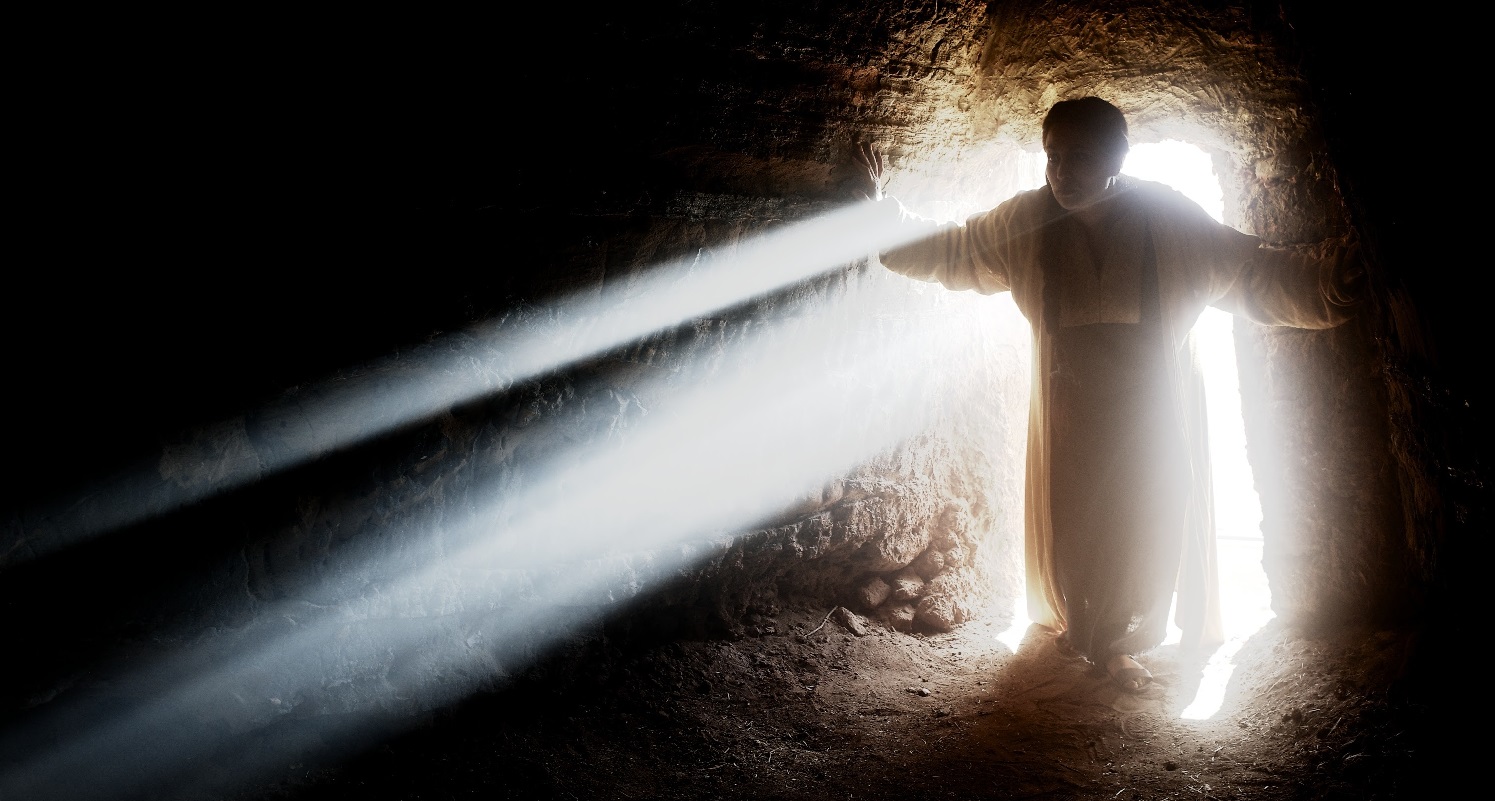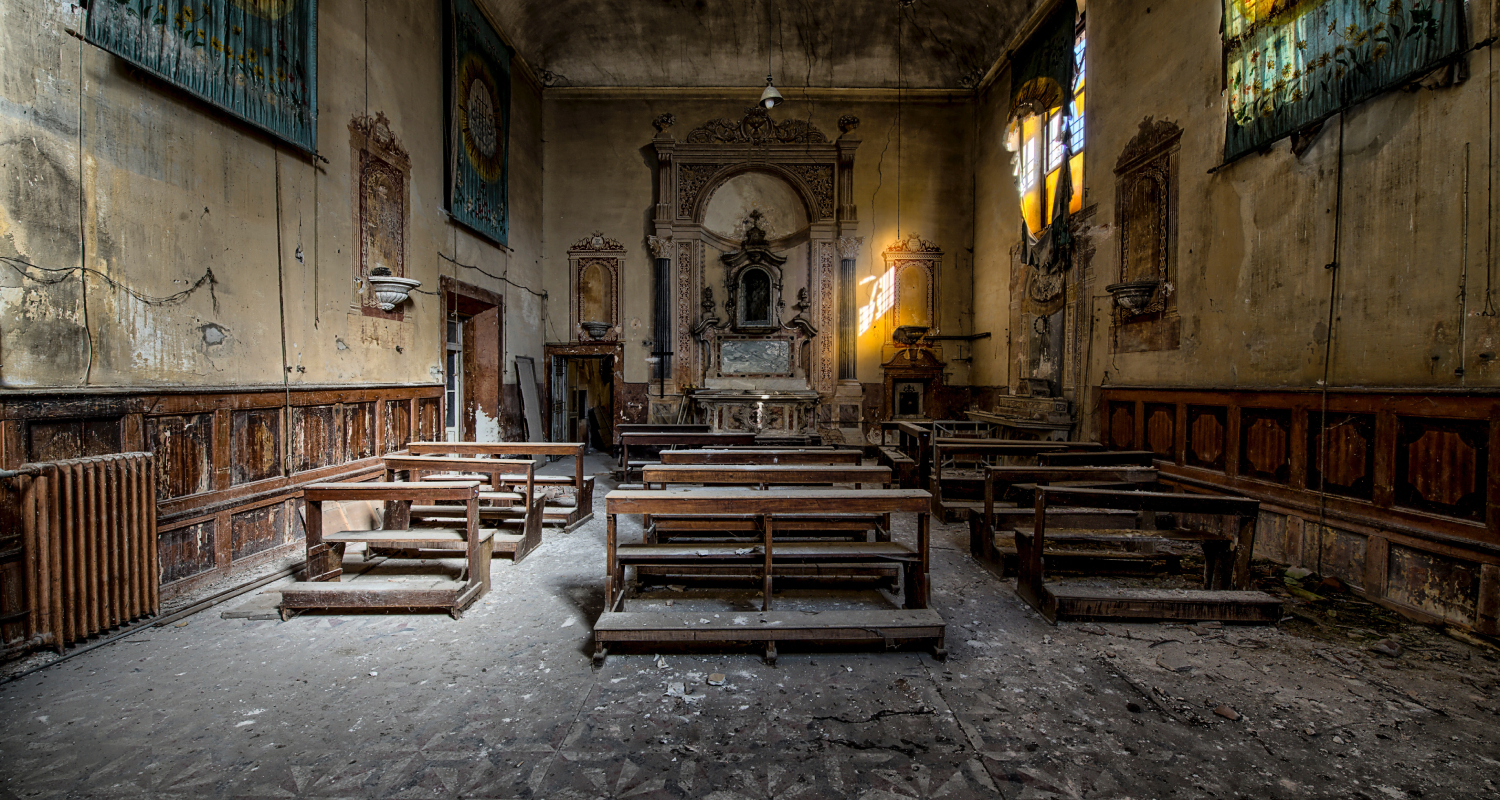I have rarely taken painkillers, but I am very glad they exist! I once tried the tough guy approach under a dentist’s drill by refusing freezing (hey, you only live once, right?), but I would never do that again. The sharp twang of nerve pain melted my resolve real quick, and from then on I always ask for a full syringe. Thank God for painkillers! They do not cure the cause of pain, but they do take the edge off of it.
There is however a different kind of pain that regularly attacks our spiritual and emotional resolve. Economic loss, a tragic death, discovering an incurable disease in your body, betrayal by a friend, or relational isolation are just some of many painful experiences that can rob us of hope, joy, peace and even faith. Into this brokenness, mankind offers multiple painkillers: therapy, retreats, memorial ceremonies, support groups, financial coaching, and life-prolonging diets. These “painkillers” are not necessarily bad, and many help. But they simply do not heal pain or its cause on the deepest level; and when they cease, we are still left hurting.
In many ways, these approaches are similar to eating chicken soup when you have a cold! Chicken soup does make you feel good, can clear the sinuses and is warm and soothing. But chicken soup does not kill the cold virus. Likewise, no amount of painkiller can cure our deepest troubles.
Each Easter, Christians around the world declare their faith in the Resurrection of Jesus Christ and renew their confidence in the hope of their resurrection and eternal life with God. This is a unique reality for the believer and one that distinguishes biblical Christianity from other faiths: the perfect God-man walked among us, died for our sin and conquered Death and Hell. Apologists defend it, lyricists write about it and preachers herald this monumental truth. The resurrection is true, historically verifiable and awe-inspiring.
But have you considered that the Resurrection is also the cure to pain and its causes?
The Resurrection is God’s announcement that He reigns supreme over death and damnation, disease and divorce, disappointment and depression. All things that were given opportunity to flourish because of the Fall (Gen. 3), have received notice that they are weak and He is strong, that they are temporal and He is eternal. The resurrection does not just guarantee victory in the future; it declares it in the now! By faith we hold fast to the reality of the Resurrection, believe that its power has affected our status before God and choose to allow it to affect the way we process pain now. It is true, but it is also transformational. The reality of the Resurrection, revealed to the church by Christ himself, serves to calm our fear, fill us again with hope and joy and set our eyes on things to come.
Why do we need to hear this over and over again?
Paul felt is necessary to remind Corinthian believers of the Resurrection and encourage them to hold fast to it (1 Cor. 15:1-2). This implies the possibility of forgetting or failing to cling to it The type of forgetfulness that tempts the Christian is not a forgetfulness of the event but of the Resurrection’s present-tense transformative offer. 1 Corinthians 15:1-2 teaches that we (1) already received Resurrection doctrine, (2) but now must remember and hold fast to it. And then we are told that it is the means by which you are being saved! Since this is written to believers, the phrase being saved does not mean that we get repeated installments of justifying grace. It is not teaching that our standing with God is on-again-off-again depending on how much Resurrection remembering we have been doing. Rather it refers to the part of our salvation we call sanctification (Rom. 6:22; 1 Thess. 4:3-8). In sanctification we become increasingly conformed to Christ, we grow in grace and holiness, we progress in faith. What Christian doesn’t want that? We all do. However, while all Christians believe in the Resurrection, we can easily forget that it is foundational to our sanctification – to the ongoing process of being saved.
A Christian cannot be sanctified who has forgotten or fails to hold fast to the transformative power of the Resurrection.
One of the ways to stunt sanctification is to relegate it to a believable fact but then to solely seek out mankind’s painkillers to cope. Spiritual growth is possible in pain when Resurrection hope brings healing.
As you consider the message of the Resurrection, use these questions to evaluate yourself:
- Am I regularly remembering the Resurrection of Jesus as instructed?
- Am I holding fast to it in faith, allowing it to transform my response to pain?
- Am I declaring it to others, believing that it is God’s ultimate solution to pain?
And if you ever doubt its transformative power, remember these words:
3 For I delivered to you as of first importance what I also received: that Christ died for our sins in accordance with the Scriptures, 4 that he was buried, that he was raised on the third day in accordance with the Scriptures, 5 and that he appeared to Cephas, then to the twelve. 6 Then he appeared to more than five hundred brothers at one time, most of whom are still alive, though some have fallen asleep. 7 Then he appeared to James, then to all the apostles. 8 Last of all, as to one untimely born, he appeared also to me. 9 For I am the least of the apostles, unworthy to be called an apostle, because I persecuted the church of God. 10 But by the grace of God I am what I am, and his grace toward me was not in vain. On the contrary, I worked harder than any of them, though it was not I, but the grace of God that is with me. 11 Whether then it was I or they, so we preach and so you believed. (1 Cor. 15:3-11).
Grace transformed these unlikely men, and the Resurrection secured their hope. They in turn went on to preach, to live and to die for it.
Together, global Christianity declares: “He is Risen!” But in this declaration, let us also receive the life it offers and the perspective it puts on the temporary challenges we face until we reach our eternal home where death, mourning, crying and pain will be no more (Rev. 21:4).





